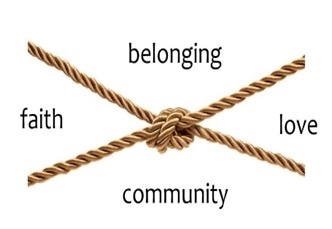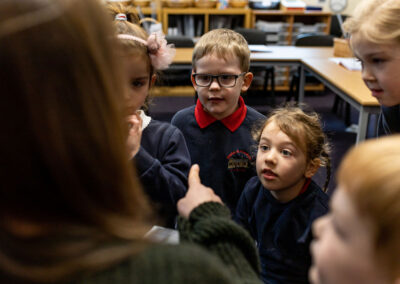The principal aim of RE is to engage pupils in systematic enquiry into significant human questions which religion and worldviews address, so that they can develop the understanding and skills needed to appreciate and appraise varied responses to these questions, as well as develop responses of their own – North Yorkshire Agreed Syllabus 2024-2029.
At Hunton & Arrathorne Community Primary School, Religious Education has a significant role for the development of pupils’ spiritual, moral, social and cultural development. It promotes respect and open-mindedness towards others with different faiths and beliefs and encourages pupils to develop their sense of identity and belonging through self-awareness and reflection. The principle aim of RE is to engage pupils in an enquiry approach where they can develop an understanding and appreciation for the expression of beliefs, cultural practices and influence of principle religions and worldviews in the local, national and wider global community.

In order to ensure our children are able to make links between the key aspects of R.E, we end each lesson with a discussion around our ‘Golden Threads in RE’. These are key aspects which are present across all RE learning. Pupils are encouraged to make links between the ‘golden threads’ and these are recorded within whole class big books, ensuring children’s knowledge of themes and how they grow is explored from Reception to Year 6.
The Religious Education subject leader is Annie Kawai-Calderhead.
For more information about our Religious Education Curriculum, please click the link below.
